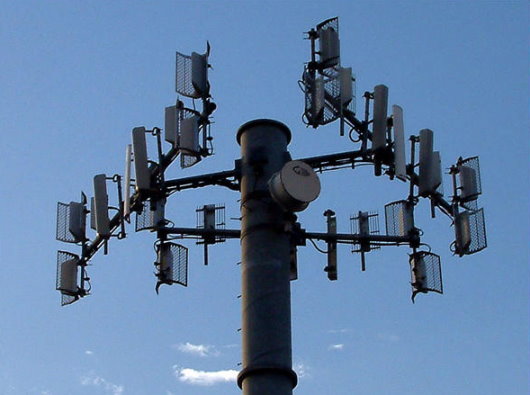Reliance Jio Infocomm, the telecom subsidiary of Mukesh Ambani-promoted Reliance Industries (RIL) announced its tower deal with Ascend Telecom Infrastructure for rolling out 4G LTE network.
The 4G service provider, which is expected to unveil broadband services in select cities, will utilize Ascend’s over 4,500 mobile towers.
Reliance Jio is the first telecom operator in the country to get a unified licence for all 22 service areas in India. The unified license, which it received in October, will allow Reliance Jio to offer telecom services, including voice telephony.
However, availability of cost effective handsets is forcing Reliance Jio to go slow on the launch plan. Use of data alone is unlikely to influence Indian mobile users to opt for Reliance Jio services. Offering voice on 4G smartphones is not a viable option at present because most of the LTE phones are costly at present.
“Our partnership with Ascend Telecom is a continuation of our efforts to forge strategic partnership with key tower infrastructure companies to build a formidable nationwide network,” said Reliance Jio Infocomm Managing Director Sanjay Mashruwala.
With this agreement, total available towers for Reliance Jio to roll out its network would reach about 192,500. The company already has an agreement with Bharti Airtel, Reliance Communications, Viom Network, American Tower Company to utilize their infrastructure.
As per the deal with Bharti Airtel, Reliance Jio will have access to about 82,000 mobile towers, while the agreement with Anil Ambani-promoted Reliance Communications will provide it access to about 45,000 towers. The recent deal with Viom Networks and ATC gives Reliance Jio access to 42,000 and 11,000 mobile towers, respectively.
Reliance Jio had also signed agreement with Tower Vision last month to access its about 8,400 mobile towers.
RJIL holds pan-India broadband wireless access spectrum that can be used for 4G services. Besides, it won radiowaves in the 1800 Mhz band, widely known as 2G spectrum, which is also being used for 4G services worldwide.
The company will use both available 4G technologies to provide services.






